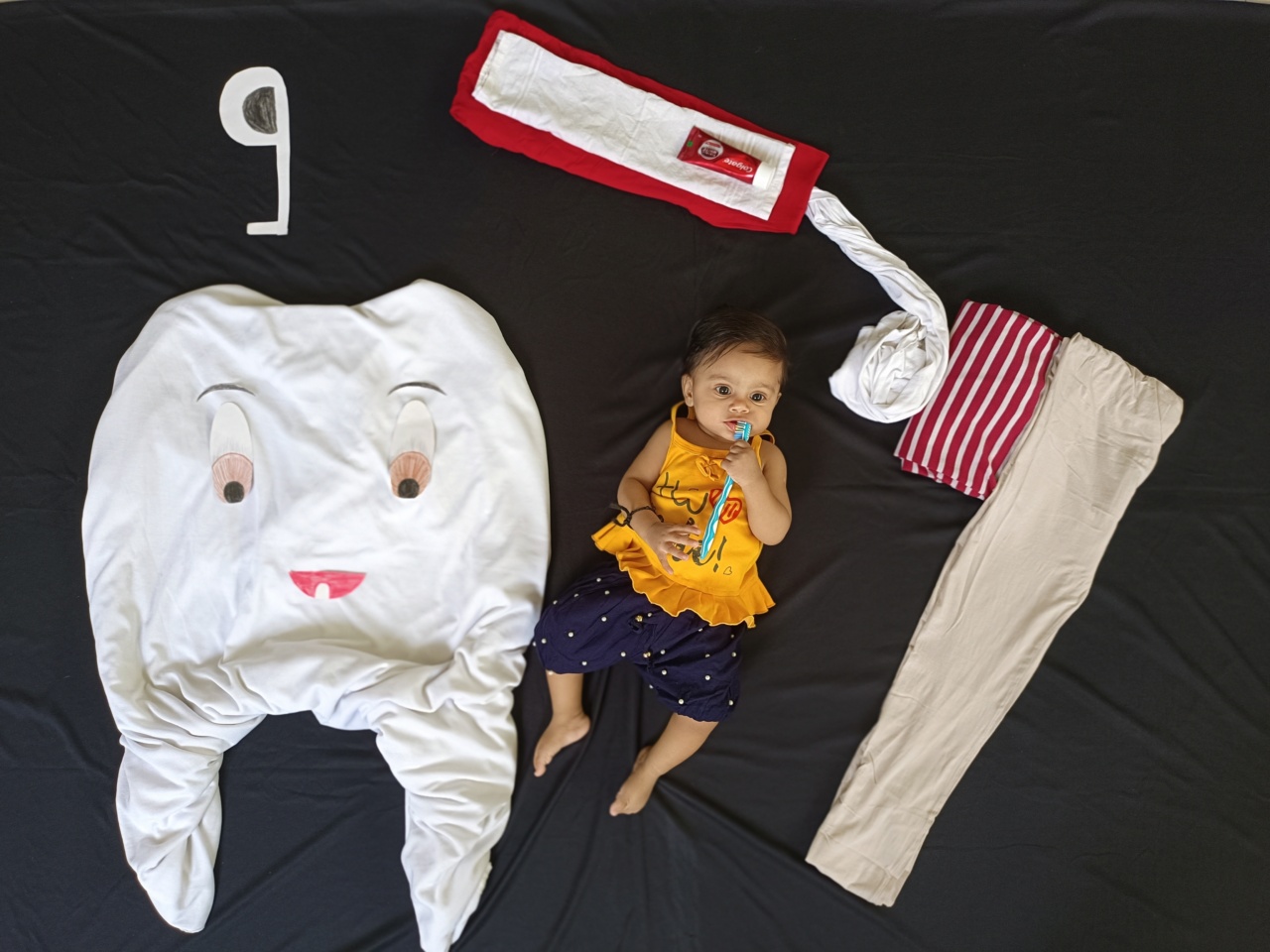When it comes to the topic of breastfeeding and baby’s first teeth, it is not uncommon for new parents to have many questions and concerns.
There can be a lot of conflicting information out there, leaving parents feeling confused about what is best for their baby’s oral health. In this article, we will explore the truth about breastfeeding and baby’s first teeth, debunk common myths, and provide you with useful information to make informed decisions.
What are Baby’s First Teeth?
Baby’s first teeth, also known as primary teeth or milk teeth, are the set of teeth that begin to erupt through the gums during infancy. Typically, the first teeth appear between the ages of six to ten months, but this can vary from baby to baby.
These teeth play an important role in speech development, chewing, and laying the groundwork for the permanent teeth to follow.
Benefits of Breastfeeding for Baby’s Oral Health
The benefits of breastfeeding extend beyond providing optimal nutrition to your baby. Breast milk contains antibodies that help protect against various illnesses and promote overall health.
When it comes to oral health, breastfeeding has several advantages:.
1. Proper Jaw Development: Breastfeeding involves an appropriate combination of sucking, swallowing, and using facial muscles. This helps in the natural development of the jaw, which can positively impact the alignment of teeth later on.
2. Lower Risk of Tooth Decay: Breast milk contains natural sugars that are less likely to cause tooth decay compared to other beverages such as formula or fruit juices.
Additionally, breastfeeding allows for less pooling of milk in the mouth, reducing the risk of cavities.
3. Improved Oral Motor Skills: Breastfeeding requires your baby to actively work their mouth and tongue muscles, aiding in the development of oral motor skills necessary for proper speech and swallowing patterns.
When to Introduce Solid Foods?
One common concern among breastfeeding parents is when to introduce solid foods and how it may influence their baby’s teeth.
The American Academy of Pediatrics recommends exclusively breastfeeding for about six months, after which complementary foods can gradually be introduced alongside breastfeeding until the age of one.
Myth Debunked: Breastfeeding Causes Crooked Teeth
There is a lingering myth that breastfeeding can lead to crooked teeth. However, research and dental experts refute this claim.
In fact, the proper positioning and movement of the tongue during breastfeeding actually help in promoting healthy oral development.
It is important to note that thumb-sucking, prolonged pacifier use, or certain genetic factors may contribute to dental misalignments rather than breastfeeding itself.
Oral Hygiene for Breastfed Babies
Caring for your baby’s oral health is essential, regardless of whether they are breastfed or formula-fed. Here are some tips to keep in mind:.
1. Clean Gums: Before the first teeth erupt, gently wipe your baby’s gums with a clean, damp cloth after each feeding. This helps remove any residual milk and lays the foundation for good oral hygiene habits.
2. Brushing: Once the first tooth appears, gently brush it twice a day using an age-appropriate toothbrush and fluoride-free toothpaste. Consult with your pediatric dentist for specific recommendations.
3. Limit Nighttime Feedings: As your baby grows older, it’s important to limit nighttime feedings to prevent prolonged exposure to milk or breast milk on the teeth. This reduces the risk of tooth decay.
Breastfeeding and Tooth Decay
While breastfeeding itself doesn’t directly cause tooth decay, it is crucial to be mindful of the milk’s sugary content.
Prolonged and frequent exposure to sugary substances, including breast milk, can lead to a condition known as “baby bottle tooth decay.”.
To prevent tooth decay, avoid allowing your baby to fall asleep with a bottle or nurse continuously throughout the night. Cleanse the mouth with a clean, damp cloth after feeding before they go to sleep.
The Role of Pacifiers
Pacifiers can provide comfort to a breastfed baby and satisfy their need to suck. However, it’s important to use them judiciously and wean your baby off pacifiers by the age of two to avoid potential dental issues.
Prolonged pacifier use may affect the alignment of teeth and the development of the jaw.
When to Visit a Pediatric Dentist
It’s a good idea to schedule your baby’s first dental visit within six months of their first tooth eruption or by their first birthday.
A pediatric dentist will provide guidance on proper oral care, evaluate your baby’s oral development, and address any concerns you may have.
The Bottom Line
Breastfeeding offers numerous benefits for both your baby’s overall health and their oral health.
It promotes proper jaw development, lowers the risk of tooth decay, and aids in the development of oral motor skills necessary for speech and swallowing. Remember to maintain good oral hygiene practices, introduce solid foods at the appropriate time, and visit a pediatric dentist for regular check-ups.

























